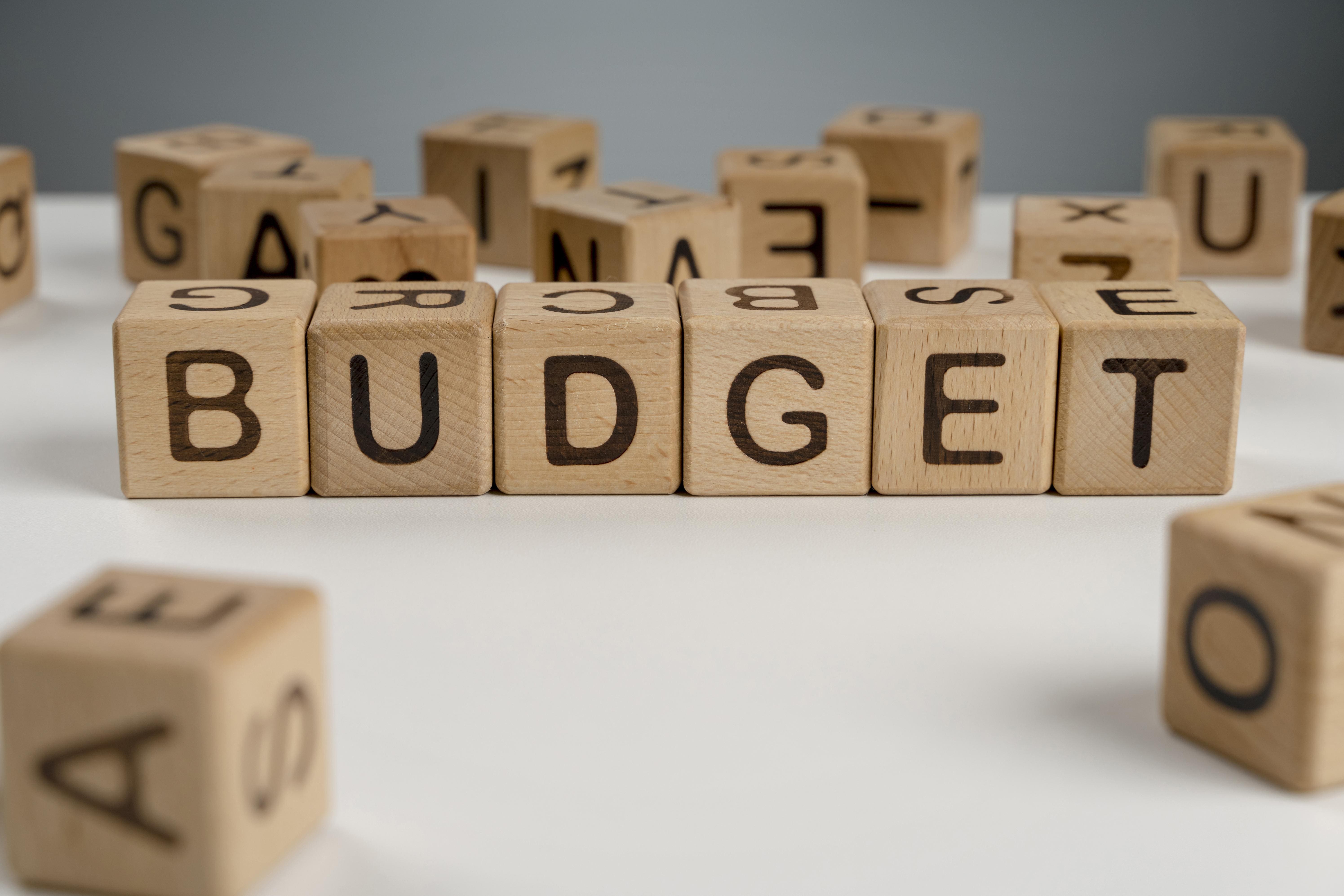Secrets to Becoming a Successful Trader
Secrets to Becoming a Successful Trader
Written by Stockdork
We all understand that trading is considered a short-term procedure of buying and selling assets within short durations—daily, weekly or even monthly. As much as trading utilizes strategies that promote short-term maximization of returns, it is possible to use trading in your investment plan.
Before we dive right into it, here’s a simple breakdown of the parity between trading and investing.
What is the difference between trading and investing?
The primary difference between trading and investing is in the time factor. While investors seek to build their wealth over an extended period, trading taps into frequent transactions, including buying and selling assists, commodities, stocks or other items. Both traders and investors rely on information to make sound decisions. For example, a crypto trader may stay in the know by subscribing to a Crypto Investment Network. Nevertheless, it is vital to know that every trader is an investor, as their main goal is to grow their wealth.

What Should You Know Before You Start Trading?
If you are thinking of becoming a trader, you should work on becoming a successful one right from the beginning. Here are a few key guidelines to get you started on the right foot.
1: Have a Trading Plan
If you do not plan, then you plan to fail. As general as that may sound, the saying is relevant and remains the primary rule for successful trading. A trading plan is a detailed outline of how you will find and execute trades, the ideal conditions to buy and sell and how to manage your risks.
It is vital to have the entries, exits and asset management criteria before embarking on your first purchase. Thanks to technology, it is possible to put your trading ideas to the test through backtesting before going into the market.
2: Educate Yourself on the Markets
Similar to other financial activities, trading is very dynamic. The markets change frequently; thus, it is best to stay hungry for more information every time. The work of a trader is never really done. Once you get into it, you must first acknowledge that you have become a student of the market.
The markets are affected by most of the things you can think of, including economic trends, world politics and even weather; therefore, learning becomes inevitable. However, it is essential to rely on the right market informers especially given the duration required in trading. Trade Ideas is instrumental to beginners and experienced online traders, giving you access to all the vital resources and tools to optimize your trading strategy.
3: Only Trade What You Can Afford to Lose

Wherever money is involved, you cannot run away from the topic of risk tolerance. Trading is a very versatile field, and while the returns could be generously rewarding, you could easily go to the pits. It is crucial to assess your financial position before investing cash. Separate your trading account from other obligations, such as emergency funds or mortgages.
While it is normal to lose a few trades from time to time, always protect your trading capital to protect your trading business ultimately.
4: Select a Broker Based on Facts
With the right information at your fingertips, find a broker that aligns with your trading plan. Also, consider other services such as customer support, account and trade minimums and useful educational resources. The type of item you choose to trade in should guide your selection.
Additionally, take advantage of the rapidly advancing technology to monitor your trades and avoid costly mistakes. For example, charting platforms could give you a better analysis of the markets.
5: Learn When to Stop
Unfortunately, many people wait to make mega losses before stopping trading. However, while trading requires discipline, it may pay to be disloyal to an inefficient strategy. Trading is a business that requires the trader to know when to take a step back.

Traders also have to leverage good practices to know when to break. They include reassessing your strategy often, being patient and not letting your emotions guide your decisions and using helpful tools such as a stop loss to pull you out before you can make regrettable losses.
Most traders fail to treat trading as a hobby, thus not doing the necessary work. In this game, it is easier to make mistakes; therefore, commitment is mandatory. These five guidelines should help you build a successful trading business.
